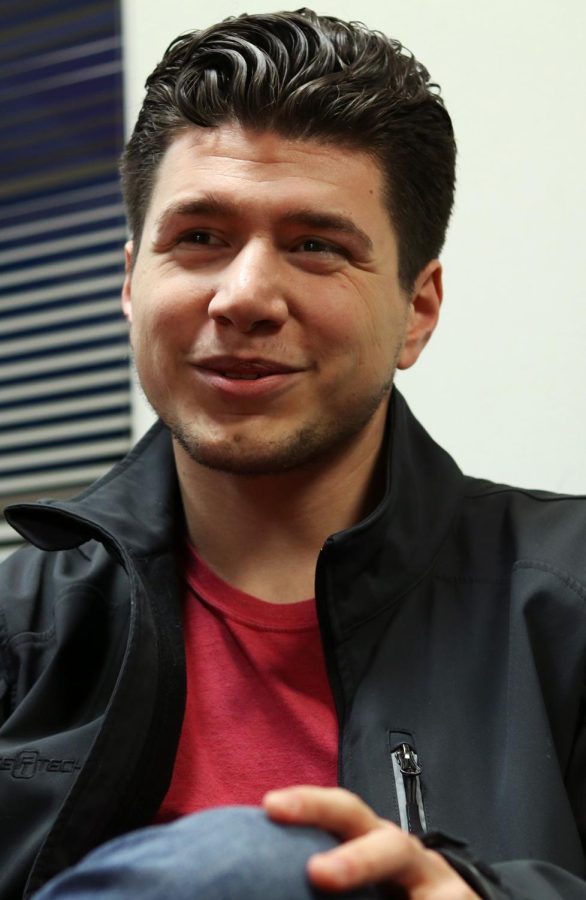Anthropology students learn scientific research cross-culturally in study abroad program
February 27, 2017
When anthropology assistant professor Anthony Tosi reached out to the Primate Research Institute of Kyoto University, he had his future students in mind.
Tosi said he wanted to give his students the same enriching experiences he had while researching abroad.
“It was facilitated by some personal relationships,” Tosi said. “When I was there, I met a lot of faculty and some are still there, and one had advanced to become the director of the institute.”
Tosi and his former colleagues at Kyoto University started talking about collaborating five years ago.
“We’ve been slowly building up collaborations with many of the different faculty there,” Tosi said. “The long-term goal is not only to have faculty and students come this way, but also to build more research connections, not only with the anthropology department but the biomedical science faculty. There is a lot of good potential for collaboration there.”
Tosi said he wanted to expand the research network in a collaborative way by allowing students to travel to Japan, which he believes is a very significant moment in the young careers of Kent State graduate students as they grapple with academic and cultural challenges set before them.
“By having this international exposure, not only do they learn how science is conducted in a foreign country, but they are making these connections with people who they may very well work with for the next 10, 20 years,” Tosi said.
To attend, the Natural Science Foundation must approve interested students’ written federal government grant. This process involves students explaining their objectives and what research they intend to conduct while in Japan. If the proposals are approved, students receive funds that go toward their collaboration with the institute.
For Emily Munger, a biological anthropology graduate student, she said participating in the NSF East Asia and Pacific Summer Institutes (EAPSI) program in the summer of 2015 was a transformational experience.
While in Japan, Munger worked with live chimps to compare memory test performance with aging to determine if they have aging deficits with memory.
“How could you turn it down?” Munger said. “You’re doing this research in another country, having this once in a lifetime experience.”
Munger attributes the cultural elements of the trip to the initiative of the anthropology department.
“Our department pushes a cross-cultural approach to the research,” Munger said. “Yes, students are doing research there. We are looking at how methods are done differently in Japan in a scientific context, but the department wants you to enjoy the culture there and truly immerse yourself.”
Anthropology graduate student Danielle Jones is participating in the NSF-EAPSI program this upcoming summer. Jones studies neurobiology and behavioral disorders. In Japan, she plans to use live models of Macaque monkeys to study aggressive behavior.
Jones said she is looking forward to the cultural and academic aspects of the program.
“I look forward to seeing the Primate Research Institute and learning about the many research projects being carried out there,” Jones said. “I also look forward to experiencing the culture. This will be my first time outside of the U.S., and I am glad Japan will be my first abroad experience. I also hope to visit a beach while there.”
Future goals of the collaboration between the two institutions include: building a global understanding of science, creating and maintaining a large research network for students and faculty and raising the global standing of Kent State.
Tyler Haughn is the student health reporter, contact him at [email protected].












